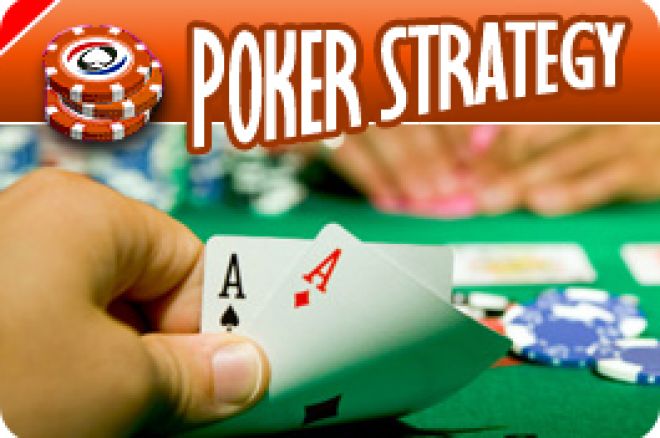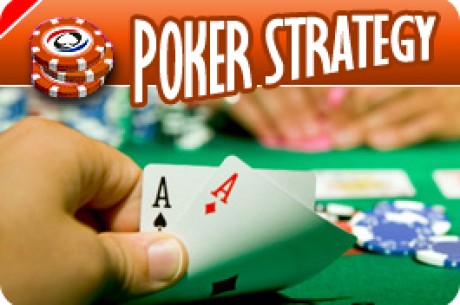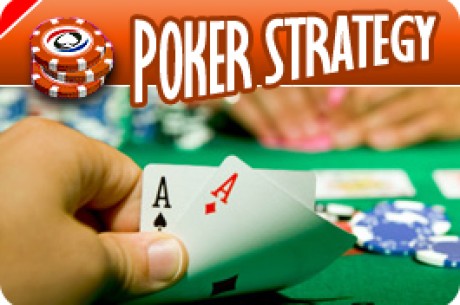Stud Poker Strategy �� Options in Fixed-Limit Stud, Part I: Fourth Street

There aren't many betting options in limit 7-card stud. The bets are pretty fixed by the structure. Unlike spread-limit, pot-limit, and no-limit, you usually have no choice in the amount you bet. You want to bet on fifth street in a $20/40 game? You must bet $40. You want to raise on the river in that game? It's also $40.
But there are options on third street and fourth street in certain circumstances. I'd like to focus, in this article, on fourth-street options.
You only have an option when you or someone else has paired his door card. Let's be completely clear about this oft-misunderstood rule.
The simplest option is given to the player who does pair his door card. In a $20/40 game, for example, he may bet $20, the normal bet for fourth street. Or, he may bet $40 �C the higher tier that applies to fifth street, sixth street, and the river. He may not bet any amount in between $20 and $40 �C just $20 exactly or $40 exactly.
Should he decline to bet the higher amount, either because he checks his bet or because he opts to bet the lower tier amount, then any other player at the table, regardless of his exposed cards, may bet or raise by the higher amount. So, for example, if player A pairs his door card but checks, player B has the option of betting either $20 or $40. Similarly, if player A bets $20, player B may raise by $40 and make it $60.
Here's a situation that rarely occurs. It happens when the first player declines his option to bet the higher tier but still wants to bet. He bets $20. Another player raises by $20 and the bet returns to the initial player. Since the first player initially declined to make the $40 bet, he may not raise by $40 if no one else bets at the higher rate. So, for example, if he bets $20, another player raises by $20 to $40, everyone else folds, and the bet returns to the original player with the exposed pair he may not raise to $80. He may fold, of course, raise to $60, or just call. His initial decision to bet $20 means that he has declined the option of initiating the higher tier of bet for that round.
Once one player bets or raises by the higher tier amount then all players who wish to bet or raise must do so by that amount. So, for example, if the player with the exposed pair initiates the betting at $40, then no player after him may raise by $20. The raise must be by $40 only. Similarly so, any re-raises must be by $40.
Here's a sample hand on fourth street (suits are not important to this hand):
Jorgi (4 A) 4 4
Sally (K J) K J
Todd (3 Q) A 7
Johan (8 9) 7 6
Jorgi, with the exposed pair of fours has the option of checking, betting $20, or betting $40. He actually has trip fours at this point and decides to suck people in by betting the smaller amount. He bets $20.
Sally had been slow-playing a pair of kings; she just made kings and jacks. She decides to be aggressive. She can either fold, call, raise by $20, or raise by $40. She chooses to raise by $40, making the bet $60.
Todd just has an A-high and decides to fold.
Johan now has four to a straight, with an eight and nine in the hole. He calls the $60, looking to hit a five or a ten.
Jorgi can't believe his good luck. He has trips and the pot is not only raised by the double amount but called. He'd love to build a pot he expects to win. He re-raises. He may only do so by the larger amount. He raises $40, making the bet $40 to Sally.
Sally is concerned that Jorgi may have trips. Even so, she has four outs to make a full house, and there is a third person in. She calls.
Johan figures he is in this far and the pot is large. So he calls the $40 raise from Jorgi.
Part 2 of this piece on 'options' appears next week.








